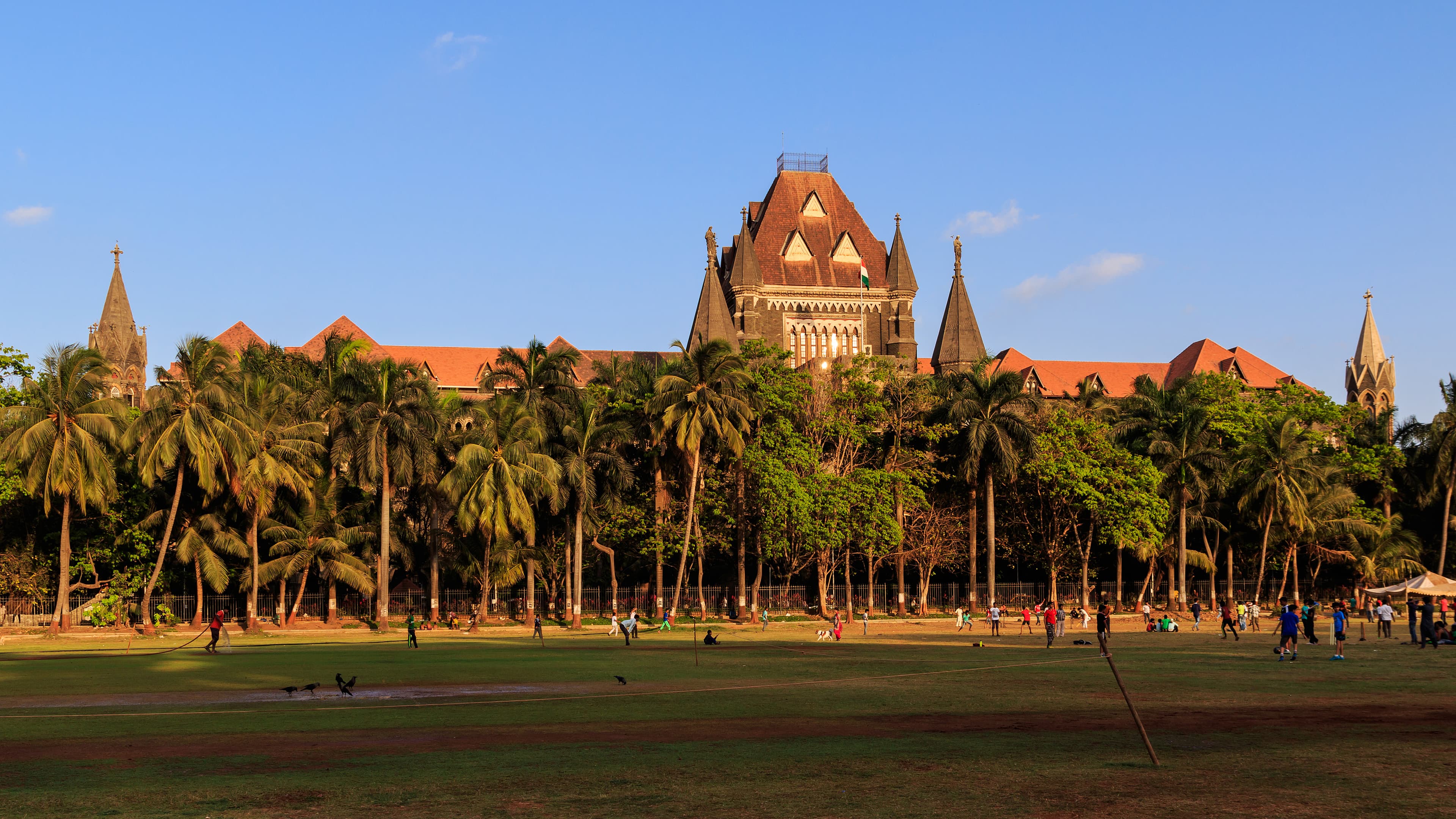
Association with Dawood Alone Doesn't Mean Terror Gang Membership, Rules Bombay HC
Mere association with D-gang does not invoke the provisions of Section 20: Court
The Bombay High Court recently ruled that mere association with Dawood Ibrahim, who has been designated a terrorist under the Unlawful Activities (Prevention) Act (UAPA), does not amount to membership of a terrorist gang or organisation.
A division bench consisting of Justice Bharati Dangre and Justice Manjusha Deshpande reasoned that since Ibrahim has been designated a terrorist solely in his "individual capacity", it is insufficient to invoke Section 20 on the grounds that an individual associated with him belongs to the D-gang/Dawood gang.
The Court clarified that UAPA includes separate provisions for the activities of individuals versus those of terrorist gangs or organisations.
"Section 20 prescribes punishment for being a member of a terrorist gang or organisation. In the present case, the evidence relied upon includes a Section 164 statement referring to Parvez Vaid (the petitioner) as a member of the D-gang.
In our view, this does not prima facie attract the offence under Section 20, as the amendment in Schedule IV designates Dawood Ibrahim Kaskar as a terrorist in his individual capacity. Therefore, mere association with him does not invoke the provisions of Section 20," the Court observed.
These remarks were made while addressing the petitions filed by Parvez Zubair Vaid and Faiz Shakeel Bhiwandiwala, who are accused in a case registered under the UAPA, the Narcotic Drugs and Psychotropic Substances (NDPS) Act, and the Indian Penal Code.
Apart from the allegation of being a member of a terrorist organisation, they were also charged with conspiracy and raising funds for terrorist activities. Regarding the NDPS Act, an alleged recovery of 600 grams of ganja was made from Bhiwandiwala's premises. The accused had sought bail, arguing that there was no connection between them and the alleged offences.
In response, the Police admitted there was no material in the charge-sheet to support the invocation of Section 17 (Punishment for raising funds for terrorist acts) and Section 18 (Punishment for conspiracy, etc.), but defended the invocation of Section 20 UAPA. Some witnesses testified that they knew Vaid as a member of the D-Company, it was submitted.
The prosecution also highlighted a ₹25,000 transaction made by Parvez to an individual closely associated with Ibrahim.
After reviewing the evidence and noting that UAPA contains distinct provisions for individuals and organisations, the Court found that the statements were insufficient to warrant Section 20 charges against Vaid.
Regarding Bhiwandiwala, the Court found no evidence linking him to the 'D' gang.
Concerning the NDPS Act charges, the Court noted that only 600 grammes of ganja was recovered, which does not qualify as commercial or intermediate quantity, but only a small quantity. Thus, the bar on releasing Bhiwandiwala on bail under Section 37 of the NDPS Act was not an impediment, the Court observed.
"Mere sharing of images of narcotics or prohibited substances does not attract the provisions of the NDPS Act," it added.
With these observations, the Court granted bail to the accused.
For any enquiries or information, contact ask@tlr.ae or call us on +971 52 644 3004. Follow The Law Reporters on WhatsApp Channels.